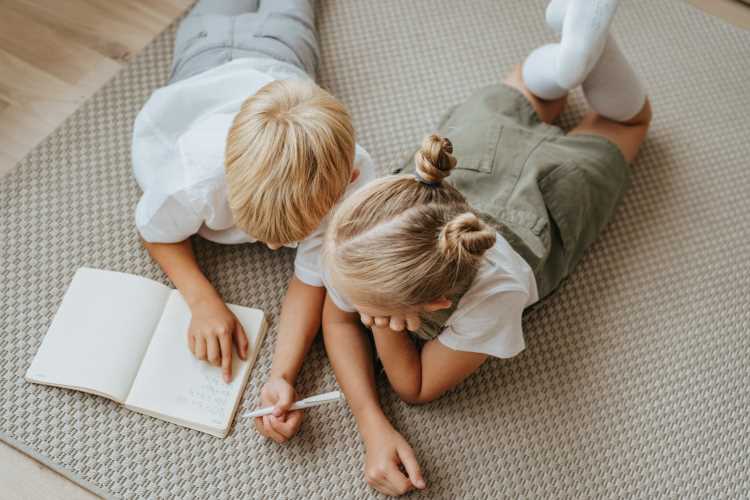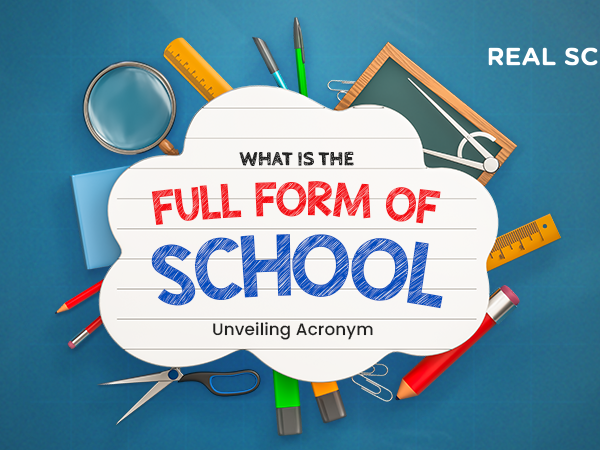Concentration is the basic material that makes things happen, but it’s far from simple – it’s an elusive characteristic that’s difficult to summon at will, even for grownups who are self-aware.
Concentration is much more difficult for our children, but it is necessary, and there are certain things we can do as parents to assist them.
What is All the Hype about Concentration?
The education system goes through phases of what is fashionable and what is not, and there is a never-ending discussion over what skills are necessary and how to teach them. Surprisingly, the focus is seldom mentioned as a talent or trait that should be developed alongside communication, imagination, confidence, creativity, group work, etc. (all of which are essential!).

This is remarkable since, while classroom teaching techniques have changed dramatically over the last thirty years, with less of the chalk and chat we were subjected to, the exam system has remained mostly unchanged – and here, attention is key.
Concentration is necessary for most areas of learning, not only tests. It is required to listen to the teacher, focus on classroom activities, and most other parts of learning.
The Role of Parents

We forget that our children spend most of their day in a classroom with about thirty other children, where individual attention is scarce. This implies that during homework time at home, your child will likely receive more one-on-one attention from you than during the school day.
Why is Concentration a Beneficial Habit?
We can enhance attention by creating the right environment and settings for studying at home, as well as establishing the belief that learning is essential. If we practise this regularly, it will become a positive habit, maybe even a lifetime one.
Symptoms of Poor Concentration in Toddlers
You may notice some of the following indications in your child’s behaviour if they are having focus and concentration issues:
# Appears to be constantly daydreaming.
# Has difficulty in learning and remembering.
# Is unable to complete the homework most of the time.
# Has poor handwriting when compared to peers of the same age.
# Does not sit in one place for long periods and is easily distracted.
# Is occasionally aggressive or moody.
# Displays poor gross motor skills, such as running or jumping.
# Loses things frequently and is unable to stay organised.
How to Develop Concentration in Toddlers?
Here are 10 additional ideas to help your youngster concentrate:
#1. Watch Your Child

# Examine their facial expressions to see what piques their attention.
# Seek advice from their teacher. Because the instructor has such a close relationship with the student, they should be able to provide you with some helpful information.
# Instead of criticising your child, be patient, reasonable, and understanding.
#2. Limit Screen Time

# Instead of electronic games, offer your child conventional, tactile games to play with.
# Purchase items that encourage creativity and critical thinking while still being enjoyable.
# Set aside an hour each day for your child’s daily screen time, during which they can watch TV or surf the internet. The amount of time spent in front of the screen will be limited as a result.
#3. Keep Distractions to a Minimum
# Some kids have a hard time filtering out background sounds. As a result, provide the ideal environment for your youngster to concentrate.
# If your child is studying, do not interrupt them or switch on the television while they are doing so.
# Set a good example for your child as a parent. While your child is studying, have a “silent time” where you read a book or perform an activity. This will motivate them to improve their job.
#4. Assign Day-to-Day Responsibilities
# Assign duties such as setting the table, preparing a meal with you, arranging the pantry, and so on, depending on your child’s age.
# If you have a book collection, have your child organise them alphabetically.
# Changing the activities regularly will keep your toddler interested.
#5. Set Objectives
# The objectives must be attainable.
# They should divide their study time into several groups.
# Make a schedule for all of their activities, including playtime, study time, and any particular interests.
# When they accomplish a specific set of activities in a week or a month, judicious use of monetary rewards can function as encouragement.
#6. Divide Large Activities into Smaller Ones
# For some children, completing a job in one sitting might be daunting. When time-consuming or complex activities are broken down into smaller chunks, they find it simpler.
# When a toddler is doing something that takes less time, they do not feel obligated. If they’re having trouble following a chapter, break it down into pages or tiny paragraphs.
#7. To get Children to Concentrate, Engage Them in Interesting Activities
# When the subject is fun, your child will pay attention.
# Play fun-filled concentration games for kids in your leisure time and on weekends.
# You might give your youngster some colouring pages to work on.
#8. Encourage Kids to be Physically Active
According to research, physical activities, such as jogging, cycling, and playing football, are not only healthy for their bodies but also their minds. It aids in the concentration of youngsters.
#9. Try Yogasanas that Enhance Concentration
You can attempt many yoga positions, like Vrikshasana, Ustrasana, Tadasana, which can improve general children’s focus. It also enhances posture, relieves stress, and relaxes the kid.
#10. Seek out the Assistance of a School Counsellor
Counsellors at your kids’ school may be able to assist you. Check to see if your child’s school can provide focus tutoring before and after school. You can also participate in the classes to gain hands-on experience.
Focus vs Distraction
The kitchen table is a great area for younger children to accomplish schoolwork because you are likely to be there to assist them, but keep in mind that television, radio, and even telephone conversations can be distracting.
Consider a desk in their bedroom or another room when learners approach ten years old and grow more autonomous, and don’t allow gadgets during homework time. Also, urge them to establish a deadline for finishing the job; this will help them focus.
Conclusion
Real School Of Montessori prioritises children’s entire well-being, just like parents do for their children. The Real School Of Montessori offers programmes that can assist you in determining how to increase focus in kids. Their experienced guide will assist you in increasing concentration power in kids. Visit their website for more interesting stuff like this, or schedule a masterclass to learn about their creative teaching techniques.







